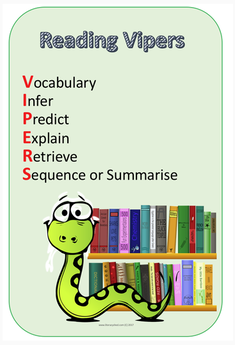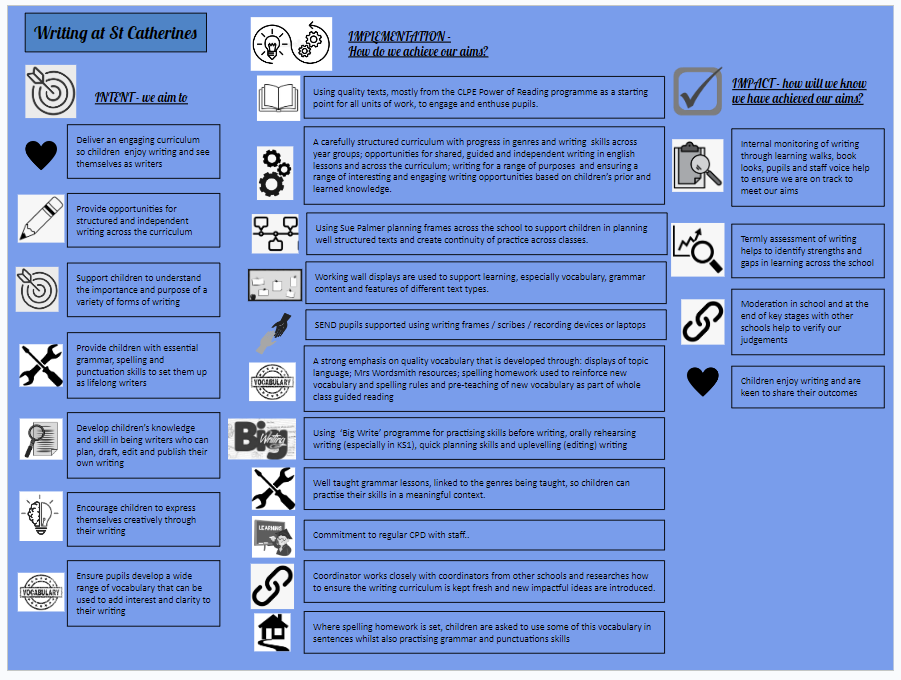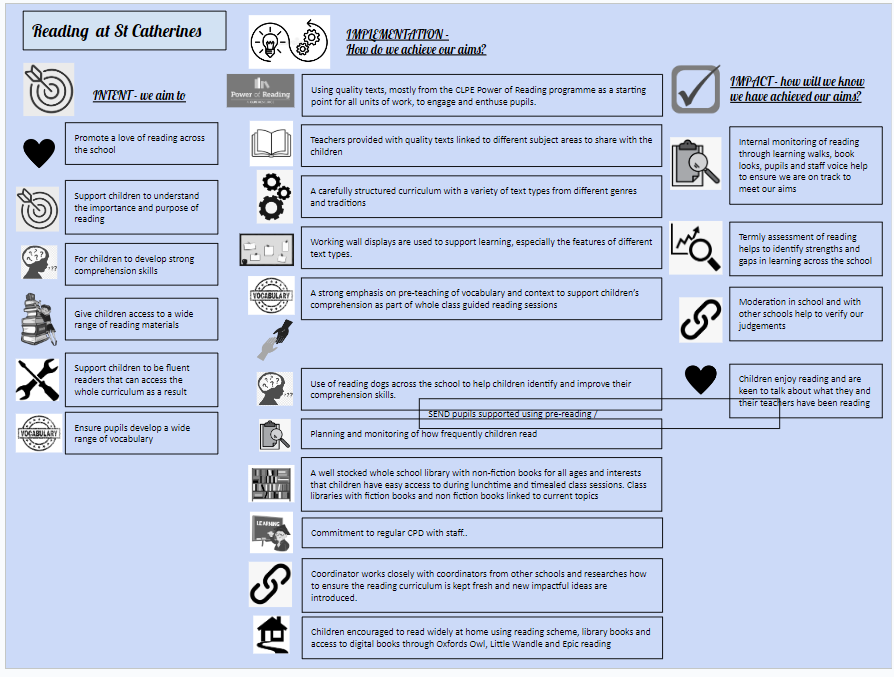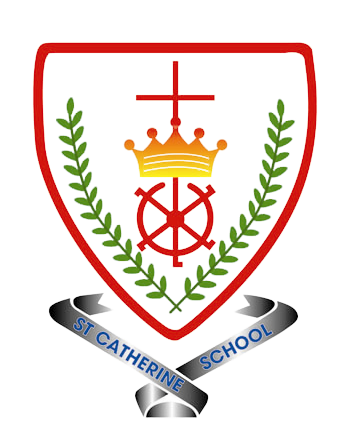English
Literacy, Reading, Writing, Spelling, Handwriting, Speaking and Listening
English
The English curriculum covers reading, writing, speaking and listening. Reading involves the development of phonics and a wide range of reading for meaning skills. Writing comprises of the development of spelling, grammar and punctuation skills as well as composition of longer texts and writing for effect.
Teaching staff use the objectives set out in the 2014 National Curriculum.
Phonics
At St Catherine we use the Little Wandle Letters and Sounds systematic synthetic phonics programme (SSP).
This is a fully comprehensive programme where children start learning single letter sounds in the Autumn Term of their Reception year and it builds in progression throughout Reception and Year One, preparing children for the statutory phonics screening that takes place at the end of year one.
Phonics is taught every day and children learn to apply their phonics skills in reading practise sessions at least 3 times a week, developing their fluency and comprehension skills along the way.
Link to Wandle Letter’s and Sounds Overview
Here is a link to the Little Wandle teaching videos page. Parents can use these videos to support their child's development at home.
Reading
In Nursery children develop Phase 1 phonic skills, which involves distinguishing between different sounds in the environment and in spoken language. They develop pre-reading skills by using picture only books to tell stories in their own words using visual stimulus.
In Reception children quickly move through phonic Phases 2 – 4, with some moving onto Phase 5, learning phonemes and the corresponding graphemes to blend sounds to read and segment to spell. Children read phonically decodable reading books and work through a system of word boxes to embed these skills. Tricky, non decodable, words are also part of daily phonic practice. At St Catherines we give a high priority to the teaching of systematic phonics and workshops are provided for parents.
In Key Stage 1 the development of phonic knowledge is continued and the children develop further, reading for meaning. Year 1 revise phonic Phases 3, 4 and then move onto Phase 5 and develop their skills using well-known stories and those containing predictable and patterned language. Year 2 focus on phonic Phase 6 and introduce children to a wider range of genres and develop reading for meaning skills such as; recall, inference and commenting on preferences.
By Key Stage 2 many children are becoming confident readers and a greater focus is put on children's ability to analyse and comment on what they have read. In English lessons children identify the features of different text types as a first step to developing writing in that genre.
The teaching of Reading across the school is enhanced further with our involvement in the Power of Reading project which is designed to engage children and improve attitudes to learning. By using carefully chosen books and teaching sequences we are able to ensure that children’s engagement with text is varied and exciting. Children in all classes are also read to, on a regular basis, by their class teacher in order to further promote a love of reading.
 In Years 3 – 6 Whole class reading takes place each day throughout the week, using a rich variety of engaging text. During this time children read together as a whole class and practice comprehension skills using VIPERS.
In Years 3 – 6 Whole class reading takes place each day throughout the week, using a rich variety of engaging text. During this time children read together as a whole class and practice comprehension skills using VIPERS.
VIPERS is an anagram to aid the recall of the 6 reading domains as part of the UK’s reading curriculum. They are the key areas which we feel children need to know and understand in order to improve their comprehension of texts.
The 6 domains focus on the comprehension aspect of reading and not the mechanics: decoding, fluency, prosody etc. As such, VIPERS is not a reading scheme but rather a method of ensuring that teachers ask, and students are familiar with, a range of questions. They allow the teacher to track the type of questions asked and the children’s responses to these which allows for targeted questioning afterwards.
The school has engaging and well stocked fiction, non fiction and poetry reading corner in each class. Class reading corners will also have a selection of books from the class author and books related to the current History or Geography topic being studied. We also have a well stocked non-fiction library that is used to support class work and from which the children can also borrow books.
The school aims to promote children's love of reading at all times and a notable event in our school calendar is our annual celebration of World Book Day. On this non-curriculum day, the whole school dress as their favourite book characters and take part in a wide range of book related activities. We also take part in national reading challenges, promote the summer reading challenge and provide an opportunity for all children from Reception to Year 6 to visit the local public library during the year. We actively encourage and facilitate each child to have their own library card.
Writing
Foundation Stage
In Nursery the children focus on developing fine motor skills working towards pencil control and mark making through a wide range of activities. In Reception, alongside phonics, children begin to form letters and further access independent writing and fine motor skills activities. Handwriting is practised on a weekly basis using dough disco to support. Children are encouraged to spell phonetically beginning with initial then end and middle sounds. These skills are practised in the weekly news writing lesson.
Key Stage 1 and 2
The school uses the the Big Write model to teach writing in Key Stages 1 and 2. This programme works on two main principles:
The development of the key skills of vocabulary, sentences openers, punctuation, and connectives (VCOP)
That in order to be good writers children need to be good talkers who can construct correct sentences, use a wide range of vocabulary and clearly explain their ideas through oral rehearsal
In class, pupils either complete a piece of big writing each fortnight based on the genre they are currently studying, or they practise a genre already covered, when producing a piece of writing based on another area of the curriculum, usually RE or topic work.
Children are given the opportunity to produce writing in a full range of fiction and non-fiction styles and for different purposes and audiences. Writing in all areas of the curriculum is important and as such children are expected to produce their best writing in all areas of the curriculum.
Spelling
In Key Stage 1 phonic lessons play a key role in the development of spelling key, phonetically decodable spellings and other key sight vocabulary, known as tricky words, that cannot be phonetically decoded.
Years 3 to 6 use the Nelson Spelling scheme to learn key spelling patterns and rules. In Key Stage 2 the rules covered in these lessons then form part of the children's weekly spelling homework list, which contain; a family of words based on a spelling rule, key vocabulary, topic words and more challenging extension vocabulary. Children throughout Key Stage 2 continue to revisit phonic knowledge from Phases 5 and 6.
Handwriting
Children start with basic letter formation in Reception and move to letters with 'tails' - the pre-cursive (joined) stage- in Year 1. By the end of year 2 children are working on joined or cursive handwriting.
Spoken language



